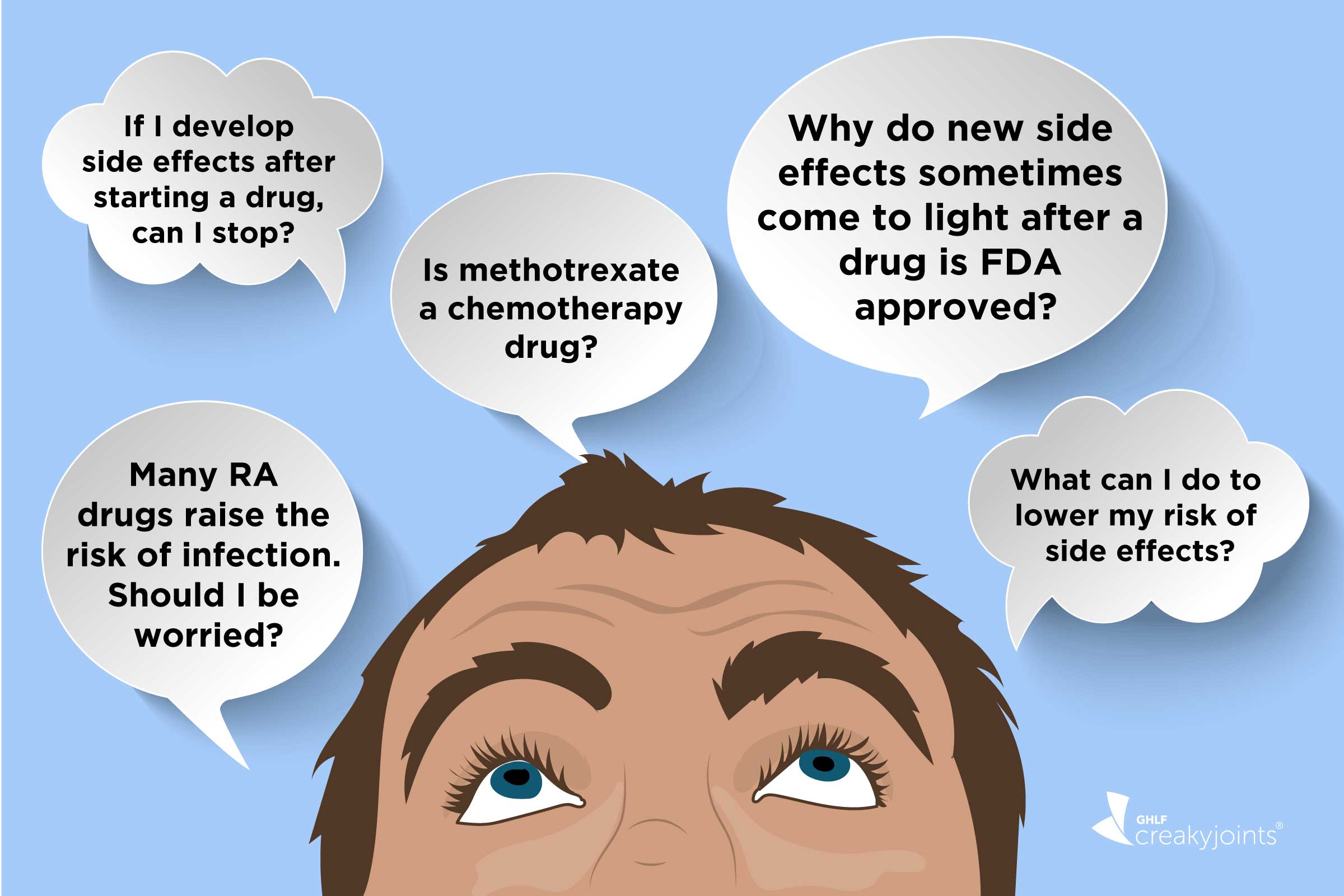 The Impact of Depression Symptoms and Medication Concerns on Diabetes Treatment
The Impact of Depression Symptoms and Medication Concerns on Diabetes Treatment
A major hurdle in effectively treating diabetes is the failure of patients to adhere to their prescribed medication regimen. Interestingly, recent studies have shown that this phenomenon is more prevalent among African American patients compared to their white counterparts. This raises an important question: what factors contribute to this discrepancy?
To shed light on this issue, a group of researchers conducted a study focusing on middle-aged and older African American individuals. They specifically examined two factors: depression symptoms and concerns about medication. The findings of this study, published in the Community Mental Health Journal, highlight the necessity for physicians to adopt a more comprehensive approach to patient care, beyond solely prescribing medications.
The study was conducted as part of a larger clinical trial that aimed to reduce emergency department visits by African American patients with diabetes through educational interventions. Eric Sah, a medical student at Thomas Jefferson University and one of the study authors, utilized data collected during this trial to analyze the responses of patients regarding their beliefs about their condition and medication, as well as their depressive symptoms. Hemoglobin A1c measurements were also included to assess blood glucose control over time.
During the analysis, Sah observed a significant correlation between depression symptoms and patients’ approval of their medication’s side effects. In other words, individuals who reported higher levels of depression were less likely to accept the potential side effects of their diabetes medications. Furthermore, these patients faced additional barriers in correctly taking their medications.
Interestingly, the study also revealed that patients with poor blood glucose control perceived greater barriers to medication adherence as their control worsened. Although depression symptoms were also associated with decreased diabetes control, the relationship was slightly less pronounced. These findings align with an earlier analysis published in the American Journal of Geriatric Psychiatry, which uncovered a similar pattern.
Based on the results of these studies, researchers strongly advocate for physicians to directly address patients’ beliefs about medications. Barry Rovner, MD, a senior researcher involved in all three studies, emphasizes the importance of asking patients about their thoughts regarding their prescribed medications. Instead of simply instructing patients to take a medication, physicians should engage in a dialogue and inquire, “What do you think about these medications?” This approach is likely to be more effective in promoting medication adherence and overall diabetes control.
In conclusion, this research highlights the significance of considering patients’ beliefs and concerns when it comes to managing diabetes. By addressing these factors directly, physicians can improve patient outcomes and facilitate better adherence to medication regimens. Moving forward, it is crucial for healthcare providers to adopt a comprehensive approach that takes into account the unique needs and perspectives of each patient.

